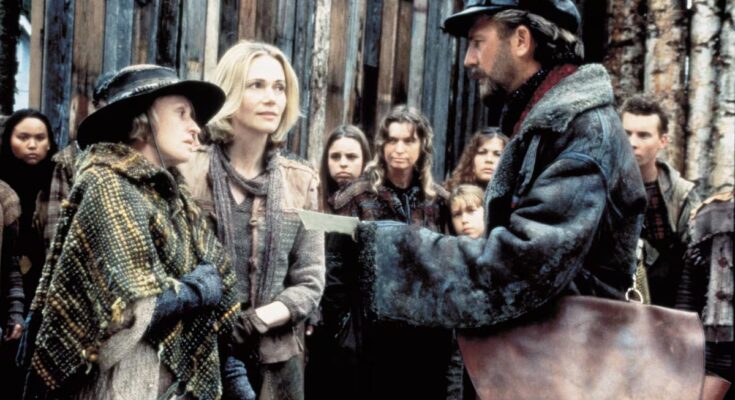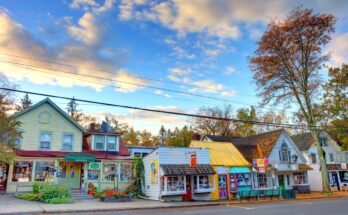A few days ago, during a round table, I took the opportunity to advise those present on a method to avoid hallucinations of artificial intelligence, you know, that supreme nonsense that people often respond to chat intelligent when you ask for something, inventing absurd facts at random and telling them with unparalleled ease. “What I do, and it works very well,” I heard myself say, “is to delimit the sources; for example, you tell them to only use information that appears in the national media.” In fact, I thought later; This is the easiest way to check. The traditional one. The usual. Journalism.
I started working in the press when I was 19 and I feel happy and grateful to have been a street journalist, a nibfor many decades. It’s tiring but very beautiful work; It allows you to continue learning throughout your life and to experience up close, as a witness, the adventures and anxieties of your time and your society. I continue to advise young people to become journalists, even though the media has been going through the desert for more than twenty years, first due to the change in the market model brought about by the advent of digital media and now due to the drastic social transformation we are experiencing. Various depressing studies show that new generations largely ignore newspapers; For example, an investigation into Save the children of 2024 concludes that 60% of Spanish teenagers over the age of 14 inform themselves through social networks, which is a guaranteed guarantee of misinformation. Furthermore, 51% admit that they have difficulty knowing if the news is fake, and these are certainly the most intelligent, because at least they know that they don’t know; Anyone who doesn’t even consider it scares me much more. If we expand the age, it is even more frightening: according to the Eurobarometer 2024, 49% of Spaniards between 16 and 30 take the information they manipulate from networks, seven points more than the EU average (that 42% is also disturbing).
To this we must add the fact that algorithms encourage us to receive only that news that already interested us previously and also told from our ideological point of view, which multiplies sectarianism and the confirmation bias of prejudices to the point of paroxysm. And, to top this fatal cocktail of ignorance, manipulation and intransigence, the Internet is being buried under an avalanche of false content created by artificial intelligence. According to a study by the multinational Capgemini, 71% of the images that crowd the networks have been artificially generated or modified. All those cute puppies, kittens and bears, all those incredible human acrobatics do not exist and never have existed, no matter how real they seem. We live in an apotheosis of misinformation.
We may end up paying for this in blood. A strong democracy needs a strong media. It is no coincidence that now that the democratic system is in free fall, in the midst of a crisis of legitimacy and credibility, journalism is also at its lowest. I remember an old film directed by and starring Kevin Costner, The postman (1997), where, in a catastrophic future steeped in barbarism, a network of hard-working postmen is the only thing maintaining a glimmer of democratic resistance amid the chaos. It was a moving and brilliant idea that has been on my mind lately as I realize, with growing urgency and clarity, that journalists are called to occupy that critical battle line for the maintenance of civility. That today journalism is necessary more than ever, because it is the only way of social verification of an increasingly confused, deceptive and deformed reality. And to do this we must return to the sources of the profession and reclaim the essential role of the reliable informant. Few things have disgusted me more lately than the words of Miguel Ángel Rodríguez when, caught lying in the trial against the Attorney General, he defended himself by saying that he was a journalist and not a notary who had to certify the truth. Nothing could be more aberrant or more wrong, because journalists, in effect, must be notaries of reality. We must reclaim our profession, which must be practiced exactly the opposite of what the MAR states. We support the media and trust in our young colleagues, hardworking fighters for democracy.



